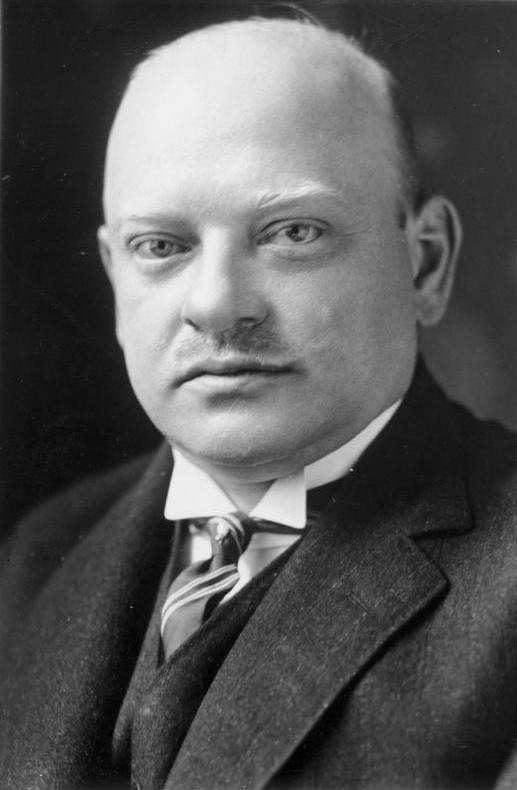Speech in the Reichstag (24 January 1918), quoted in W. M. Knight-Patterson, Germany. From Defeat to Conquest 1913-1933 (London: George Allen and Unwin, 1945), p. 138.
1910s
Gustav Stresemann: Citations en anglais
Letter to the Crown Prince (7 September 1925), quoted in Jonathan Wright, Gustav Stresemann: Weimar's Greatest Statesman (Oxford University Press, 2004), p. 327
1920s
Speech in the Reichstag (October 1917), quoted in W. M. Knight-Patterson, Germany. From Defeat to Conquest 1913-1933 (London: George Allen and Unwin, 1945), p. 121
1910s
Speech in Berlin (29 November 1924), quoted in W. W. Coole (ed.), Thus Spake Germany (London: George Routledge & Sons, 1941), p. 330
1920s
Speech to the National Assembly (8 October 1919), quoted in W. W. Coole (ed.), Thus Spake Germany (London: George Routledge & Sons, 1941), p. 331
1910s
Speech to the Congress of the People's Party in Jena (17 April 1919), quoted in W. W. Coole (ed.), Thus Spake Germany (London: George Routledge & Sons, 1941), p. 331
1910s
“The restoration of German vitality is not guaranteed by the status quo ante.”
It will also be necessary to make territorial changes; don't let us hamper our statesmen with assertions to the effect that the German people do not want this.
Speech in the Reichstag (1 March 1917), quoted in W. W. Coole (ed.), Thus Spake Germany (London: George Routledge & Sons, 1941), p. 135
1910s
'Napoleon und Wir' (29 January 1917), quoted in W. W. Coole (ed.), Thus Spake Germany (London: George Routledge & Sons, 1941), p. 175
1910s
Speech at a joint meeting of the National Liberal Party and the National Liberal Central Committee (15 July 1915), quoted in W. W. Coole (ed.), Thus Spake Germany (London: George Routledge & Sons, 1941), p. 274
1910s
Speech in the Reichstag (27 February 1918), quoted in W. W. Coole (ed.), Thus Spake Germany (London: George Routledge & Sons, 1941), p. 210
1910s
